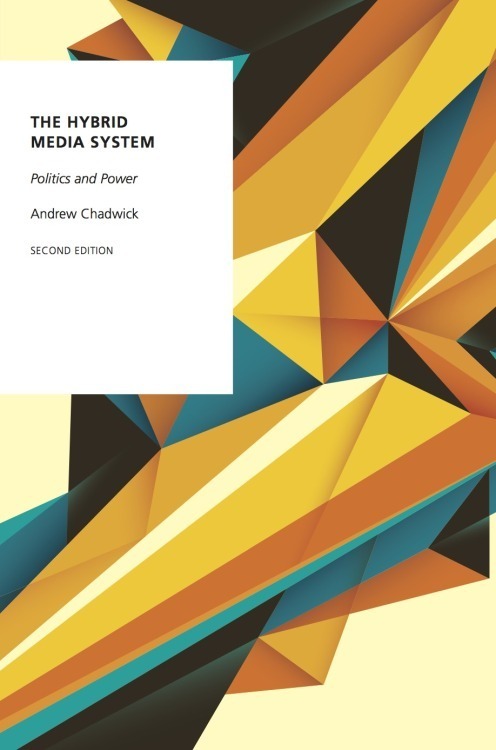Table of Contents
1. Introduction: The Internet and Politics in Flux – Andrew Chadwick, Royal Holloway, University of London
2. Realizing the Social Internet? Online Social Networking Meets Offline Social Capital – Josh Pasek, eian more and Daniel Romer, Stanford University
3. Typing Together: Clustering of Ideological Types in Online Social Networks – Brian Gaines and Jeff Mondak, University of Illinois-Urbana Champaign
4. Building an Architecture of Participation? Political Parties and Web 2.0 in Britain – Nigel A. Jackson and Darren G. Lilleker, Universities of Plymouth and Bournemouth, UK
5. Norwegian Parties and Web 2.0 – Øyvind Kalnes, Lillehammer University College, Norway
6. The Labors of Internet-Assisted Activism: Overcommunication, Miscommunication, and Communicative Overload – Rasmus Kleis Nielsen, Columbia University
7. Developing the Good Citizen: Digital Artifacts, Peer Networks, and Formal Organization During the 2003-2004 Howard Dean Campaign – Daniel Kreiss, Stanford University
8. Lost in Technology? Political Parties and the Online Campaigns of Constituency Candidates in Germany’s Mixed Member Electoral System – Thomas Zittel, Cornell University
9. Internet Election 2.0?: Culture, Institutions and Technology in the Korean Presidential Elections of 2002 and 2007 – Yeon-ok Lee, Royal Holloway, University of London
10. The Internet and Mobile Technologies in Election Campaigns: The Gabriela Women’s Party During the 2007 Philippine Elections – Kavita Karan, Jacques D M Gimeno and Edson Tandoc, Jr, Nanyang Technological University, Singapore
Links and Further Information




